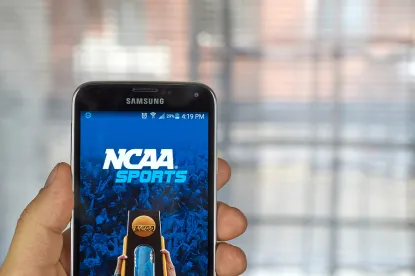Connecticut Senator Richard Blumenthal and New Jersey Senator Cory Booker plan to formally introduce legislation, the “College Athlete Pandemic Safety Act,” to eliminate the ability of colleges and universities to use liability waivers as a basis for student-athletes to return to campus and resume training activities.
Reacting to the growing number of schools, including Ohio State, SMU, Indiana, and Iowa, requiring student-athletes to sign liability waivers or “pledges,” the Senators have expressed concern that student-athletes are being asked to waive their legal rights in order to avoid being barred from practice and training facilities without the benefit of legal counsel. Senator Blumenthal summed up the proposed legislation, stating that
student-athlete’s health and safety is a “non-negotiable priority”
and that “forcing college athletes to sign away their rights … in the middle of a pandemic is just the latest in a litany of unacceptable actions schools have taken to exploit these young people.”
A proposed draft of the legislation includes the following stipulations:
-
A college or university cannot allow an individual to agree to a waiver of liability regarding COVID-19.
-
A college or university may not cancel a scholarship or financial aid for a student-athlete who refuses to participate because of concerns regarding COVID-19.
-
A college or university must inform all student-athletes at the school when an athlete or staff member tests positive for COVID-19. The person who tests positive will not be identified.
-
The Centers for Disease Control and Prevention will be asked to develop specific health and safety guidelines related to COVID-19 for student-athletes.
-
The college or university will make sure the athletic department adheres to all COVID-19 health and safety guidelines.
Reaction and criticism of the NCAA regarding its lack of a uniform health and safety policy has been swift. Nevada Senator Jacky Rosen criticized the NCAA for publishing guidelines relating to the restarting of college sports but leaving “it up to individual schools to decide how to implement health and safety policies.” Senator Rosen also commented during Senate committee hearings that the lack of a uniformed NCAA response could result in 1,100 NCAA member schools reacting differently, which could result in wide-ranging and inconsistent protocols for testing, social distancing, and the quarantining of athletes.
NCAA Board of Governors Chairman Michael Drake responded to the criticism of the NCAA by asserting that he supports universal coronavirus guidelines and that “this is under discussion actively on a daily basis.”





 />i
/>i

